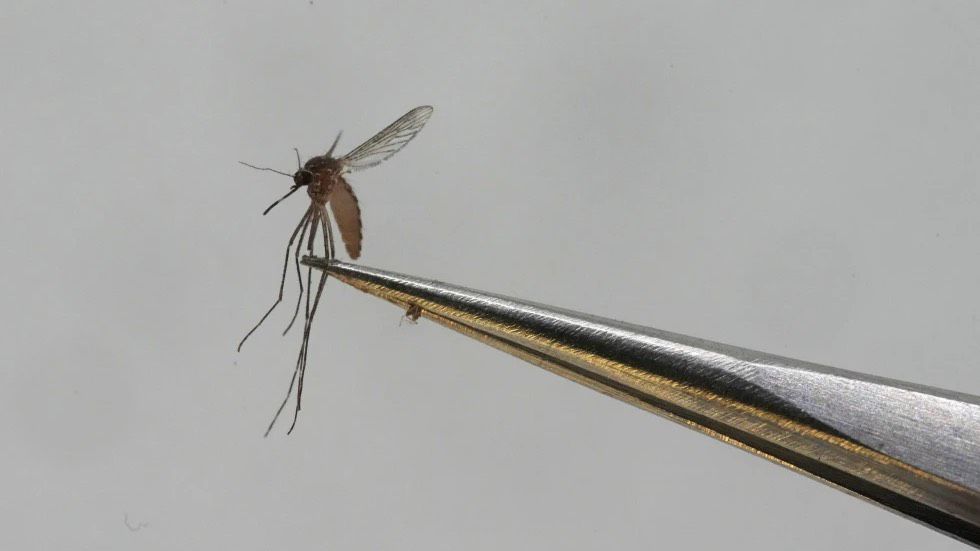The individual with the first human case of eastern equine encephalitis (EEE) in New York in nearly a decade has died, Gov. Kathy Hochul announced Monday.
The case, the first in a human in the state since 2015, was confirmed in Ulster County on Sept. 20 by the state Health Department’s Wadsworth Center, and is being investigated by the Ulster County Department of Health.
As a result, state Health Commissioner Dr. James McDonald issued a declaration of an imminent threat to public health for EEE.
That will allow the state to expand access to insect repellent at state parks and campgrounds, continue spraying efforts from Sept. 30 to Nov. 30 and increase public outreach and urge New Yorkers to follow recommendations to reduce risk of illness.
“Keeping New Yorkers safe is my top priority,” Hochul said in a statement. “Following the first confirmed human case of EEE, my administration took statewide action to help protect communities – and with today’s declaration we’re making more state resources available to local departments to support their public health response. We’ve been informed this patient has passed away from EEE, we extend our sympathies and our hearts go out to their family.”
EEE is a rare, but severe, viral disease spread by infected mosquitoes that can affect people and horses. People of all ages are susceptible to infection, but people over 50 and younger than 15 are at a high risk of acquiring the virus, the DOH says. Human cases have also been found in neighboring Massachusetts, Vermont and New Jersey. Several cases and deaths in horses have occurred in New York this year.
"While we normally see these mosquitoes in two to three counties each year, this year they have been in 15 counties so far, and scattered all over New York State," Dr. McDonald said. "This life-threatening mosquito-borne disease has no commercially available human vaccine and must be taken seriously. Mosquitoes, once a nuisance, are now a threat. I urge all New Yorkers to prevent mosquito bites by using insect repellents, wearing long-sleeved clothing and removing free-standing water near their homes. Fall is officially here, but mosquitoes will be around until we see multiple nights of below freezing temperatures.”



